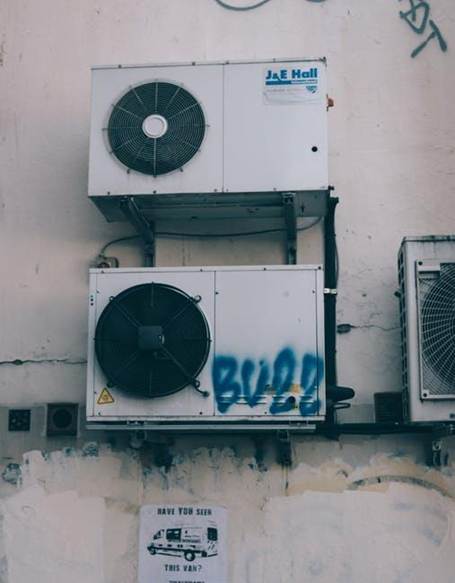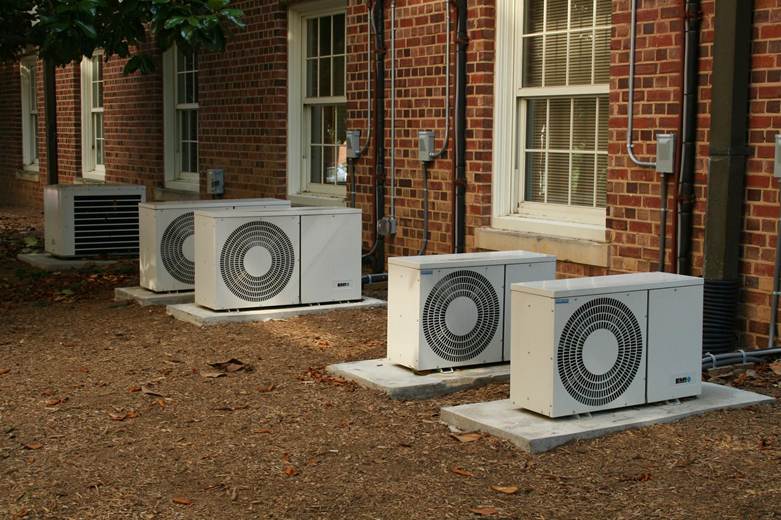When the heat of summer hits, the last thing you want is for your HVAC system to falter. In regions that experience sweltering temperatures, a reliable cooling system is a must for comfort. There are several reasons why your HVAC system might not be effectively cooling your home. Knowing these issues can empower you to take action, potentially saving you time and money. Here are common factors that may hinder your HVAC’s performance.

Dirty Air Filters
Air filters trap dust, allergens, and debris. When filters become clogged with dirt, airflow is reduced, making it harder for the system to cool your home. This restriction can lead to higher energy consumption because the system is forced to work overtime to maintain the desired temperature.
Regular maintenance calls for checking and replacing air filters every one to three months, depending on usage and the environment. Neglecting this maintenance can lead to more serious issues, including a breakdown of the system. In extreme cases, the compressor can even overheat and fail due to excessive strain. Keeping a fresh supply of filters on hand will promote efficiency and improve your indoor air quality.
Refrigerant Leaks
Refrigerant is the fluid that enables your HVAC system to cool air effectively. If you notice a hissing sound or find your system struggling to reach the set temperature, you may have a refrigerant leak.
Low refrigerant levels hinder the cooling process and force the system to operate longer and work harder. The leak should be identified and repaired immediately by AC professionals like https://lorenzphac.com/air-conditioning/ for optimal functionality. Technicians can check for signs of leakage using specialized tools so that your system is efficiently recharged.
Faulty Thermostat
The thermostat controls when the AC operates and at what temperature it maintains your home's environment. If your thermostat is malfunctioning, it may send incorrect signals to the system, resulting in inadequate cooling. Look out for dead batteries, incorrect settings, or even placement of the thermostat.
Check if your thermostat is set to the cooling mode and that the temperature is properly adjusted. If it's still not functioning as expected, consider a temperature swing that is too wide as another potential issue. An outdated or defective thermostat can result in increased energy bills without improving comfort. For more accurate temperature regulation, think about upgrading to a smart thermostat: it offers more features and better efficiency.
Blocked Vents and Ducts
Every well-functioning HVAC system must have proper airflow. Blockages in vents or ductwork can restrict airflow and result in uneven cooling throughout your home. Furniture, curtains, or debris can obstruct vents and prevent cool air from circulating effectively. Periodically check for any visible obstructions in your vents so that all rooms are receiving adequate airflow.
Ductwork can develop issues such as leaks or kinks that restrict airflow. Inspections and repairs may require professional help. Poor insulation or unsealed ducts can cause significant energy losses, making your HVAC system work harder to maintain the desired temperature.
Excessive Heat Load
An excessive heat load on your HVAC system can cause it to underperform. This means that your home may be absorbing more heat than the system can effectively combat. Sources of excessive heat can come from direct sunlight streaming through windows or from improperly insulated walls and roofs.
If your home isn’t well-insulated, the cooling capacity of your HVAC system may be overwhelmed. Use shades or blinds to mitigate direct sunlight during peak hours. You may want to evaluate your insulation so that it is performing as intended. If your attic or walls lack sufficient insulation, investments in these areas can generate long-term savings and comfort benefits.
System Age
Most HVAC systems have a lifespan between 10 to 15 years. As these systems age, wear and tear will result in a decreased ability to cool. Older units may require more frequent repairs, increased energy consumption, and declining performance. It may be time to upgrade if you frequently face cooling issues.
You may initially resist the idea of purchasing a new system due to costs, yet an outdated HVAC unit can drive up your energy bills. Newer models offer more energy-saving features and improved technologies. Consult with a professional who can recommend options best suited for your home’s specific needs. Regular maintenance can prolong your system's life, but remember that all systems eventually become outdated.
Improper Installation
If your HVAC system was not installed correctly, it could cause many problems, including poor cooling performance. Duct sizing, unit placement, and electrical connections are all key components of system efficiency. An improper installation can reduce airflow, increase energy bills, and even damage the system.
Opt for licensed professionals when installing an HVAC system to avoid these headaches. An improperly sized system can cause undue stress on the unit and lead to premature wear. Don't overlook the importance of installation quality, as it sets the foundation for your HVAC system's efficiency.

Recognizing why your HVAC system isn’t cooling your home effectively can help maintain comfort and energy efficiency. With these steps, your HVAC system will operate efficiently for years to come.









